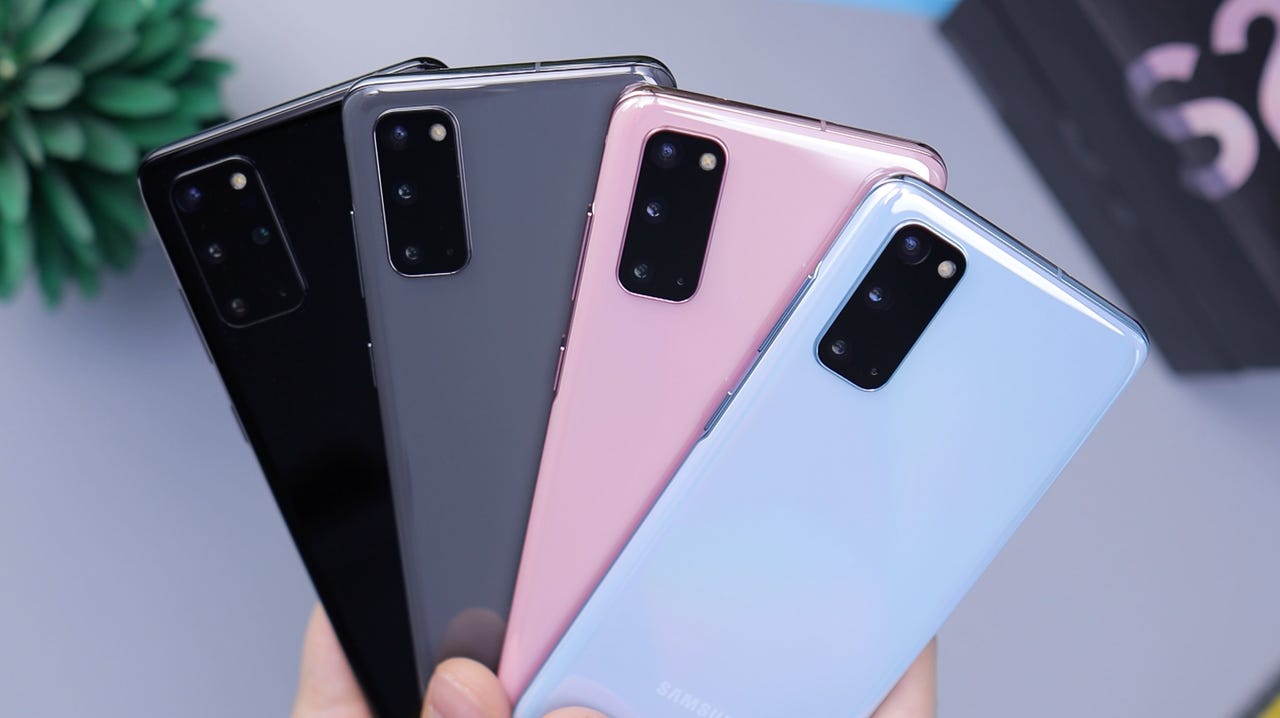Google has new reasons why you should dump iPhone (some may make you laugh)


Privacy-first?
They never stop trying. They never surrender.
Google will always try to make you look at your iPhone and say: "Darling, I love you. But it's over."
Perhaps spurred by a sense of renewal, the company presented a new tract that attempts to entice iPhone users.
Entitled "10 Reasons To Switch To Android," Google feels sure you may (finally) be "ready to join the fun."
How cruel to suggest iPhone users don't have any fun.
Surely they find it fun to feel that tinge of superiority that comes with paying a little more for your phone. Surely they're always entertained by looking down upon Android users' green bubbles during group chats.
Perhaps that's what Google has in mind when it offers as its first reason to switch to Android: "Express yourself in new ways."
"Are there any new ways left?" you may wonder. Google insists there are: "With the Messages app and Gboard, it's easy and enjoyable to send messages — especially between friends who use Android."
There it is. Why be part of an iPhone clique when you can be part of an Android clique? Should that not specifically tempt you, Google does add a punchline: "Rest assured, your iPhone friends will still receive your messages as well."
But wouldn't it be better if they didn't receive your messages? Wouldn't that add to a feeling of exclusivity? Wouldn't it even pressure them to decide who their real friends are?
Some of Google's reasons to switch do verge on the mundane. For example: "Video chat with anyone, anywhere." Isn't that a given with any device? As is "Tune Into Your Favorite Music."
I sense a trend here, though. Google is trying to persuade you that you'll lose nothing of your historic relationship with your iPhone. Well, almost nothing.
Sample: "If you had previously purchased and downloaded music on your iPhone, your music will transfer over to your Android phone, as long as it's digital rights management (DRM)-free."
How many people know which of their songs are DRM-free? Perhaps everyone. Perhaps I failed to find the habit.
At times, however, Google gets tangled up in the strands of its promises. "More devices that work better together," says Google. Again, though, it feels forced to add: "Some of your Apple products will still work with your Android device, like AirPods."
Google's asking you to make sacrifices to switch, you know. Some of your Apple products won't work with your Android devices and you'll get mad. But please don't get very mad. Just buy an Android equivalent.
Somehow, Android's more powerful arguments -- customization and translation, for example -- feel rather downgraded in this switching Top 10. It's as if Google wants iPhone users to believe they'll get the very same pleasures from Android as they do from iOS.
Your belly, though, may chuckle hard at one of Google's arguments: "A privacy-first approach."
Does anyone truly believe that? Does Google? Too often, the company has been raked by regulators for a blasé attitude toward privacy. To suddenly claim it's a privacy-first company has all the persuasiveness of an altruistic raccoon.
Moreover, Apple has worked hard -- with some success -- to brand privacy as a singularly Apple trait. With ads and high-priestly pronouncements from CEO Tim Cook.
Then again, I'm not sure how many people bother switching anymore. In chats with carrier store employees, the answer is very often: "Not much."
Yet every new convert may be a passionate one. And, if research is to be believed, Android has quite a trial on its hands, at least in the US. A regular survey suggests the vast majority of U.S. teens have iPhones and expect their next phone to be an iPhone.
But I want to offer hope. The last survey, earlier this year, showed a small improvement in rebellion toward Android.
I wonder how many teens did that for privacy reasons.